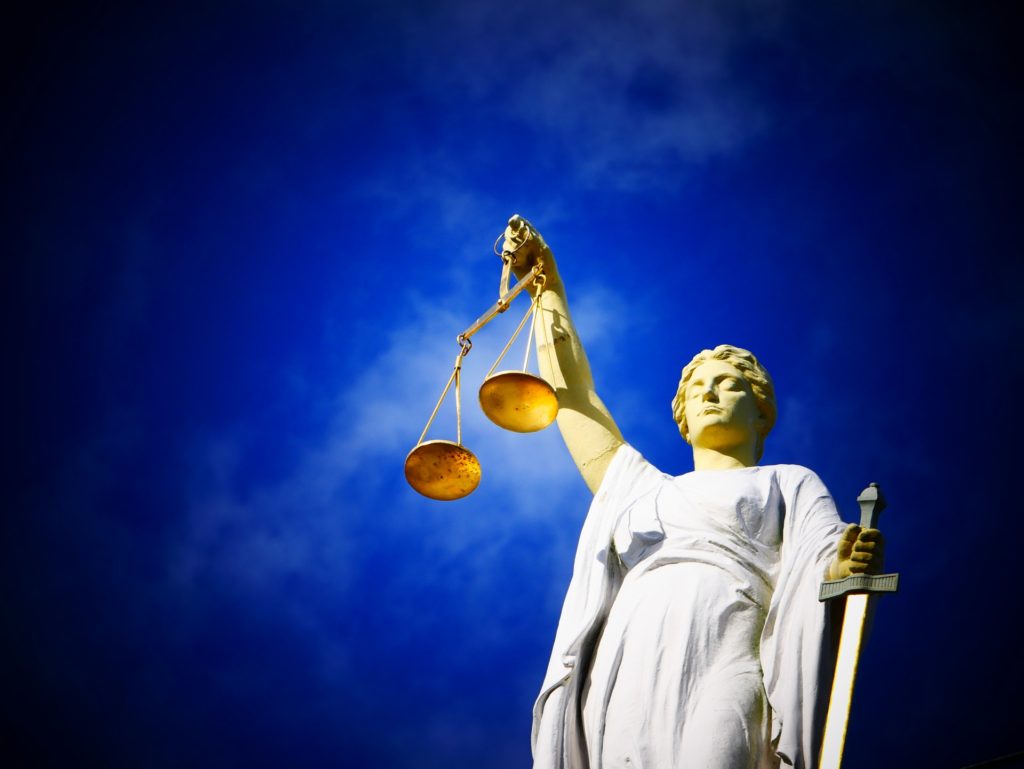
This week, the court in the Epstein case in Miami issued what appears to be its final ruling. Following the court’s holding in February that the Justice Department violated the victims’ rights by not conferring with them regarding its non-prosecution agreement (NPA) with Epstein, the victims and DOJ had been ordered to meet and confer on what remedies would be appropriate for the violation. Unsurprisingly, they were unable to come to an agreement, and so each side filed briefs setting out their preferred remedies, and Epstein intervened and filed briefs, as well.
What the court ended up ordering was…nothing. It found no remedy for the victim rights violation. To understand why, it’s helpful to look more closely at the remedies the victims requested.
- Rescission of the NPA as to Epstein: The victims asked the court to nullify the NPA with respect to the agreement of the Southern District of Florida U.S. Attorney’s Office (SDFL) not to prosecute Epstein. The court ruled this moot because Epstein is dead and thus can’t be prosecuted.
- Rescission of the NPA as to co-conspirators: Under the NPA, SDFL also agreed not to prosecute those who helped Epstein abuse the victims, and the victims asked if that portion of the NPA be rescinded so they could be prosecuted, as well. The court denied this because those co-conspirators were not before the court and the court has no jurisdiction over them. It’s important to note that the NPA only bars SDFL from prosecuting those individuals; other U.S. Attorneys’ Offices still can.
- Injunction requiring SDFL to confer with victims and give them notice of future proceedings: The victims wanted the court to issue an injunction ordering SDFL to take future actions with respect to the victims. This was denied because injunctions are to stop ongoing wrongs, not correct past actions. There is no ongoing wrong because Epstein has no current or future victims, as he is dead.
- Hold hearing for victims to express views and order Acosta to attend: Alex Acosta is the former US Attorney for SDFL who entered into the NPA, and the victims asked the court to order him to appear before the court to hear the victims. The court denied this because it has no jurisdiction over him; he’s a private citizen and not party to the case. In addition, DOJ has already agreed to meet with the victims, and there is no need for this before the court. The court also noted that the Southern District of New York held a hearing when it dismissed the charged against Epstein following his death, and victims were able to speak there.
- Access to FBI files and grand jury materials: The victims requested access to nonpublic investigative materials to learn more about what happened during the crime and throughout the investigation. The court denied this because those materials may be relevant to ongoing investigation into the co-conspirators, and because grand jury materials are generally only revealed where necessary to right an ongoing wrong; here, there is no ongoing wrong that the documents would help stop.
- Training for SDFL prosecutors: DOJ already agreed to this and court believes it will follow through, so no need to order.
- Monetary sanctions: These are only allowed for conduct within the litigation, not for pre-litigation conduct. In addition, the Crime Victims Rights Act provides for certain remedies, not including monetary sanction.
- Restitution: You can’t get restitution from the Government.
- Attorneys’ fees: DOJ didn’t act in bad faith in the litigation and there isn’t any other basis to award fees.
The court concluded with an acknowledgement that the victims aren’t getting the remedies they wanted, even though they showed a victims’ rights violation. But, it noted, they brought much attention to the victims and to victims’ rights generally, got DOJ to agree to train its prosecutors on victim rights, and may have played a part in getting Epstein prosecuted in SDNY and in the investigation of his co-conspirators. It also worthwhile to note that this ruling means it’s less likely that DOJ will appeal the court’s order, so the holding that it was a victims’ rights violation not to confer on a non-prosecution agreement will stand. The ruling also has had reverberations across the country with judges and prosecutors who are paying more attention to victims’ rights, and the obligation to confer on pre-indictment pleas.